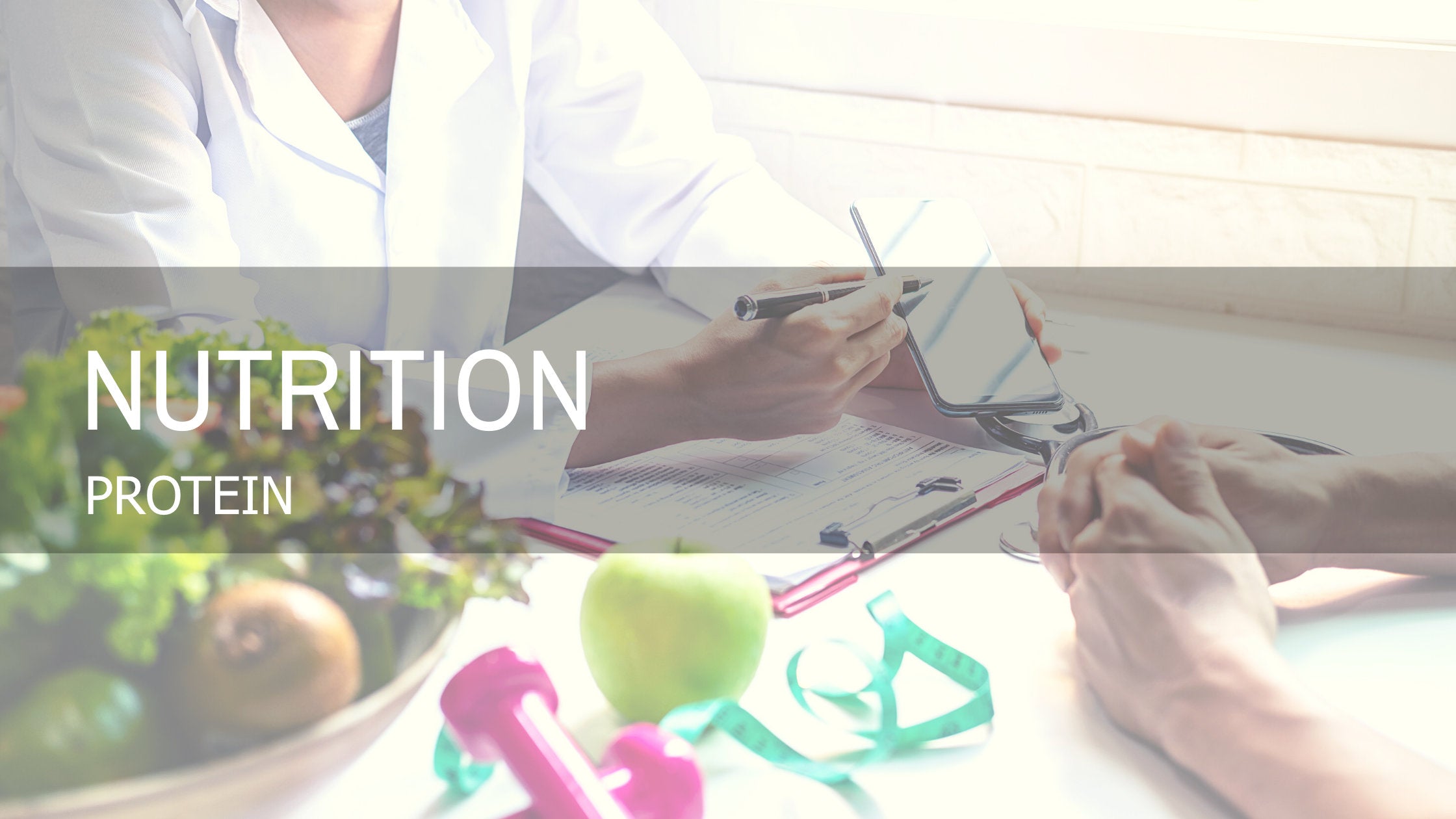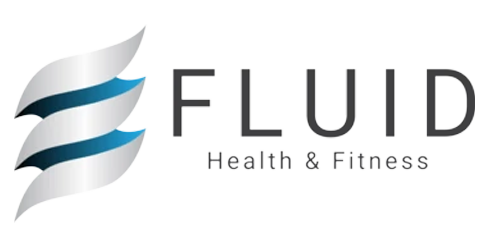
May 26 , 2021
0 Comments
Metabolism | Protein
Protein: What is it, why we need it and how much we need
Statement: “Lean Up! – Adequate protein to reach your goals”
What is Protein?
Protein! Protein! Protein! We hear it all the time, it is all over the media and it seems like everyone is telling you that you need to eat more. But what is protein? Protein is one of the three macronutrients that make up out diet. It is a molecule made up of amino acid building block and provides 4 calories per gram. Protein comes from two basic source; animal and plant. Animal based proteins are complete, meaning they contain adequate proportions of all essential amino acids. Whereas plant-based proteins are generally incomplete, meaning they either do not contain all the essential amino acids or do not contain them in adequate proportions. There are a few exceptions to these rules, for example quinoa, spirulina and hemp.
Functions of Protein
Protein has an extremely long list of functions throughout the body. This makes getting adequate amounts, just that much more important. Some of the functions in the body include:
- Repair and maintain tissues
- Provide sustained energy (although not as efficient a source as glucose)
- Construct/form hormones, enzymes, antibodies and transport and storage molecules
- Muscle protein synthesis
Adequate protein consumption is essential to live your most healthy life. Whenever possible it is important to eat mainly complete proteins or combine incomplete sources to form complete proteins. Whenever possible it is important to eat mainly complete proteins or combine incomplete sources to form complete proteins
How much Protein?
Now that we know how important protein consumption is… How much do you need? There are a variety of ways to estimate protein needs. To start with we will use the calculation of 0.8 to 1.2 grams per kg body weight (weight in lbs/2.2). It is also important that you spread your protein intake out throughout the day, so that your body can absorb and use it more efficiently. Protein should be included in all 3 meals during the day and should be a part of at least 1 or 2 snacks. At meal times, it should make up approximately ¼ of your balanced plate. You can also estimate a serving size by grabbing a piece that is about the size of your palm without the fingers (this includes thickness). Think about what your goals are and then feed yourself to meet those goals.
Goals:
- If you are having trouble getting protein:
- Try a protein source that you either haven’t tried before or haven’t had in a while.
- Focus on trying to get a protein source at each of your 3 main meals during the day.
- If you are already getting protein at each meal:
- Focus on getting your protein mainly from complete sources.
- If you are following a vegetarian diet, make sure you are combining different plant based proteins to be sure you are getting all the essential amino acids.
- If your focus is on getting the right amount of protein for your goal:
- Use the calculation 0.8 to 1.2 grams per kg body weight (weight in lbs/2.2) to find your estimated needs range.
- The more active you are, the closer to the top of the range your protein intake should be.



